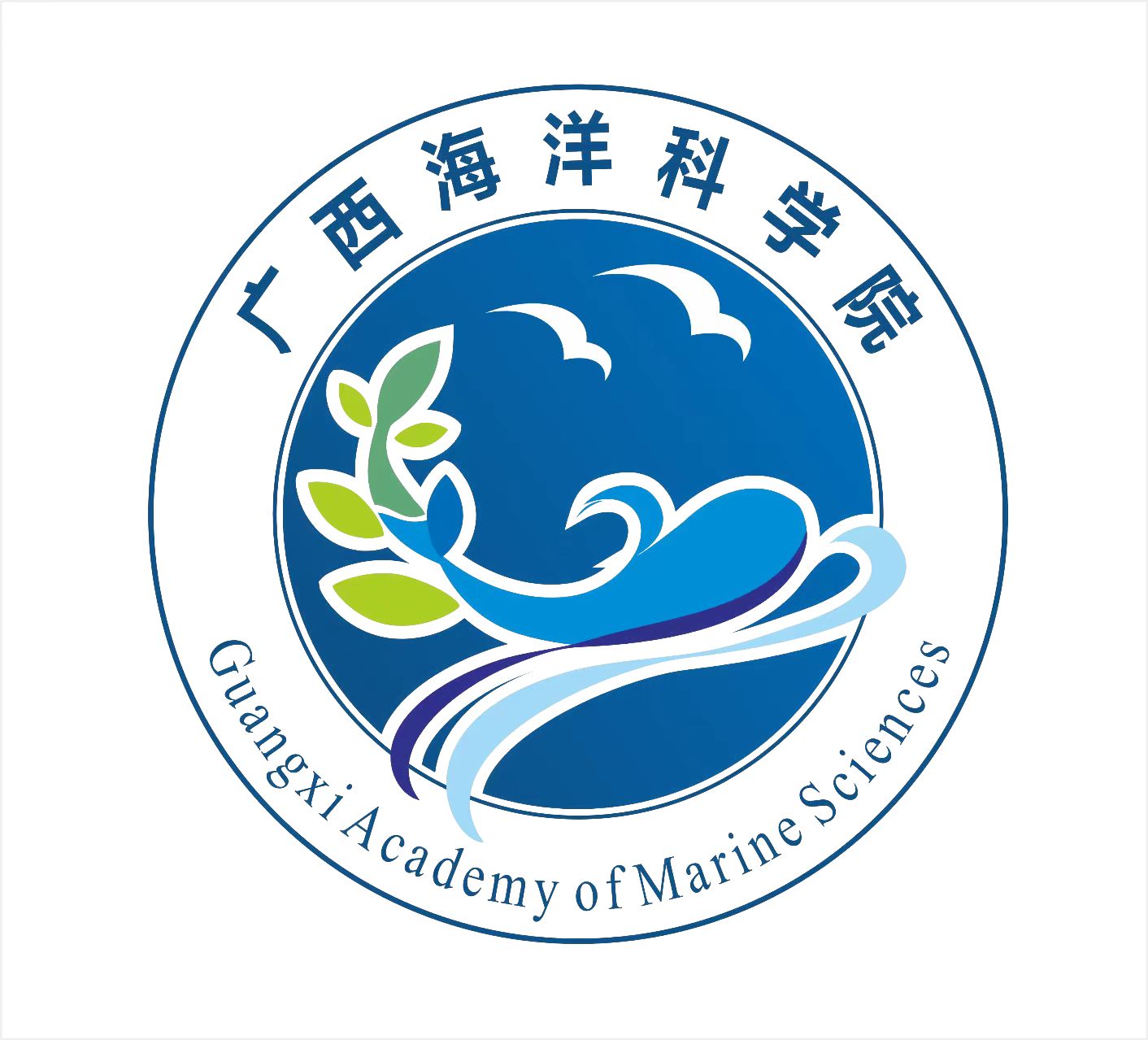A group from the Department of Ecology, School of life, Ocean University of China visited Guangxi Mangrove Research Center in the winter vacation of 2019
On February 25, 2019, we visited Guangxi Mangrove Research Center in Beihai and greeted by Prof. Zhou, the Deputy Director of the center, and were glad to know that Prof. Zhou is our schoolmate graduated in 1984. In the meeting room, Prof. Zhou introduced the history of the Research Center and the research situation of mangroves in Beihai and in China to us and impressed us with his profound knowledge.
Prof. Zhou raised our awareness on and deepen our understanding of mangroves by explaining the roles of mangroves in simple words. What is more is that Prof. Zhou guided us from a professional perspective, which broadened our thought, as if we had become a real ecologist.
Fig.1 Instructor Sun Peng with a group of 5 members from the Department of Ecology, College of Life Sciences, Ocean University of China communicated with Prof. Zhou Haolang in the meeting room of Guangxi Mangrove Research Center.
Mangroves are complex ecosystems composed of mangroves flora, benthic macrofauna, migratory birds and the natural environment. Mangrove wetlands can promote sedimentation, purify sea water, stabilize coast, and combat strong wind and tidal surge. Mangroves also play an important role in carbon cycle. More so, mangroves are invaluable if all organisms in mangroves are valued.
In the past decades, 20%~35% of global mangrove forests were depleted. All mangroves in the world would disappear in the next 100 years if mangroves continued to diminish at this loss rate. Geographically, our country is not the main distribution area of mangroves. The fact that mangrove area in China has been expanding gradually in recent years after its lasting decline in the past decades is inspiring and indicates that protection and afforestation of mangroves have received more acknowledgement. However, the effectiveness of mangrove conservation should not be judged only by the expansion of mangrove area, just like economy should not be judged only by the growth of GDP.
Fig.2. Instructor Sun Peng with a group of 5 members from the Department of Ecology, College of Life Sciences, Ocean university of China visit Guangxi Mangrove Research Center.
Mangroves are intricate ecosystems and need to be valued in a holistic consideration. In some areas, exotic mangrove species have been planted to prompt restoration of mangroves, which results must be evaluated carefully.
Mangroves cannot be protected by simply delimiting a red line. The key for maintaining ecological sustainability is to address ecological issues in the course of development. Human development relies on the exploitation of natural resources. However, over exploitation of natural resources by human being will definitely result in environmental problems. Therefore, the balance between the protection and development can only achieved in a sustainable way, which is the approach we are exploring. (Written by Peng Sun, translated by Xin Liao)







